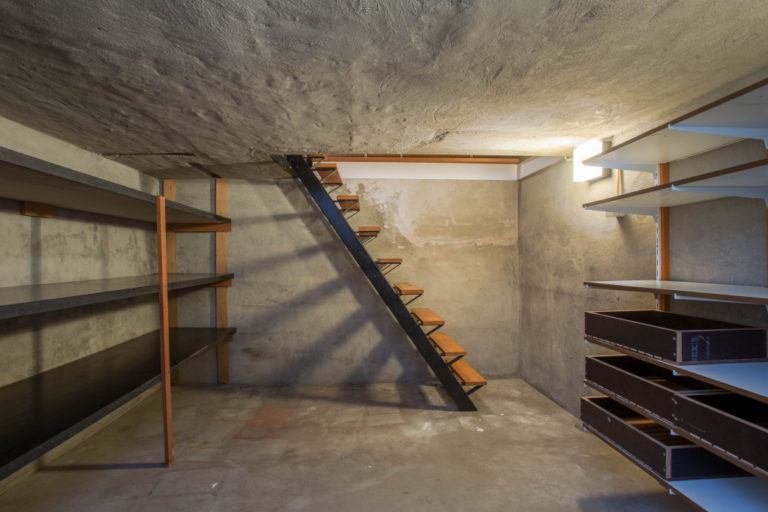What happens in the basement can impact the health of the people who live in the house. If health hazards live in your basement, the “stack effect” — the science of how the air moves in the house. When the air is heated, it rises up to your home before it goes out, but not before affecting your health.
Early detection can help you remedy the problem: whether give the basement extra clean or decide if it’s time to call a basement contractor to remodel your basement to reduce the risks of health hazards.
Mold
The damp nature of basements makes them the perfect environment to grow mold. Any kind of mold, not just the infamous black mold, can cause a variety of health issues such as skin allergies, respiratory problems, and chest tightness.
To reduce the risk of mold in the basement, seal the cracks of your basement’s foundation, use a dehumidifier, ore replace your carpeting with vinyl, tile, or another type of hard flooring.
Sewer Gases
These gases contain a lot of harmful chemicals: toxic ammonia, methane, fumes from solvents, and hydrogen sulfide. Sewer gases can enter your home through your basement’s dry floor drain. With a dried-out plumbing trap, sewer gases can easily escape into your basement.
To prevent sewer gases from cultivating mold in your basement, use water to regularly flush your basement floor drains.
Non-vented Dryer
Not all basements or laundry areas have adequate dryer venting. Instead of running a vent pipe to the outside of your house, homeowners choose to outfit their dryer with devices that re-circulate the warm air, as well as catch lint.
The dryer’s exhaust, however, also includes chemicals from laundry detergents, which can cause respiratory problems. Spend the time to have your dryer vented to the outdoors.
Stored Solvents

Basements are common storage spaces for leftover cans of paints, varnish, and adhesives. Storing all these cans of chemically-laden mixtures, however, contaminate your air with toxic substances. Half-opened cans are difficult to seal once you open them. Exposure to harmful chemicals can lead to nervous system illnesses, allergies, and other chronic health problems.
Protect your family from harmful volatile organic compounds (VOCs) by inspecting stored solvents and discarding cans with leaks. Also, the next time you purchase varnish or paint, choose products with low VOC to minimize your exposure to toxins.
Carbon Monoxide
Fuel-fired furnaces are common fixtures in basements. Without regular care and maintenance, however, they can produce carbon monoxide, which is a harmful by-product of combustion. This gas can escape from the basement and into your home, causing more health problems and increasing the risk of fire.
Dealing with carbon monoxide is tricky since you can’t see it and it has no odor. Homeowners often notice it when occupants start experiencing symptoms of poisoning, such as dizziness, headache, or loss of judgment.
Regular inspections of oil- or gas-fired furnace reduce the risk of carbon monoxide leaks. Also, use detectors in the basement so that you’ll know if a leak occurred.
Health hazards are hiding in your basement right now. Find them as soon as you can before they can affect you or your family.

